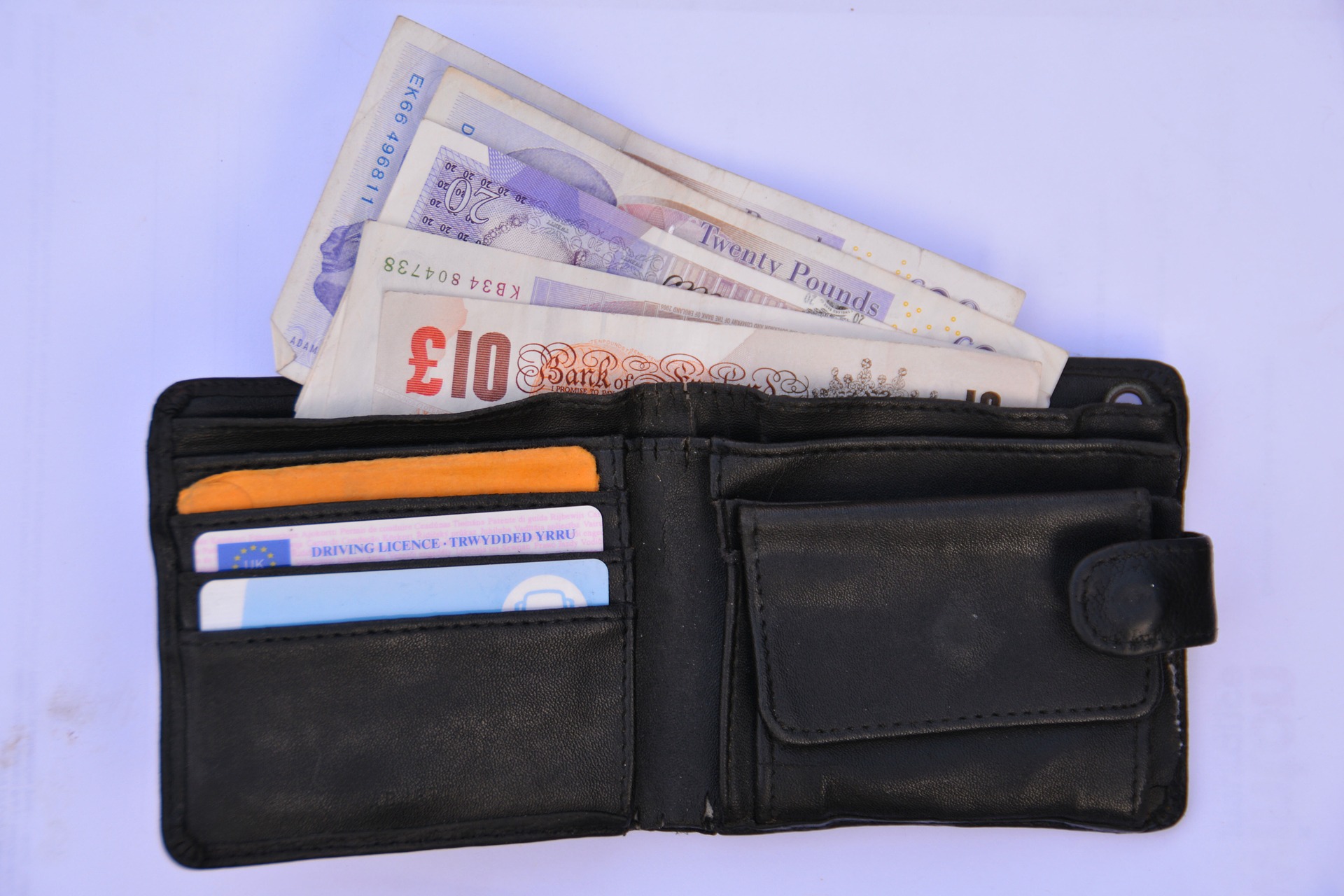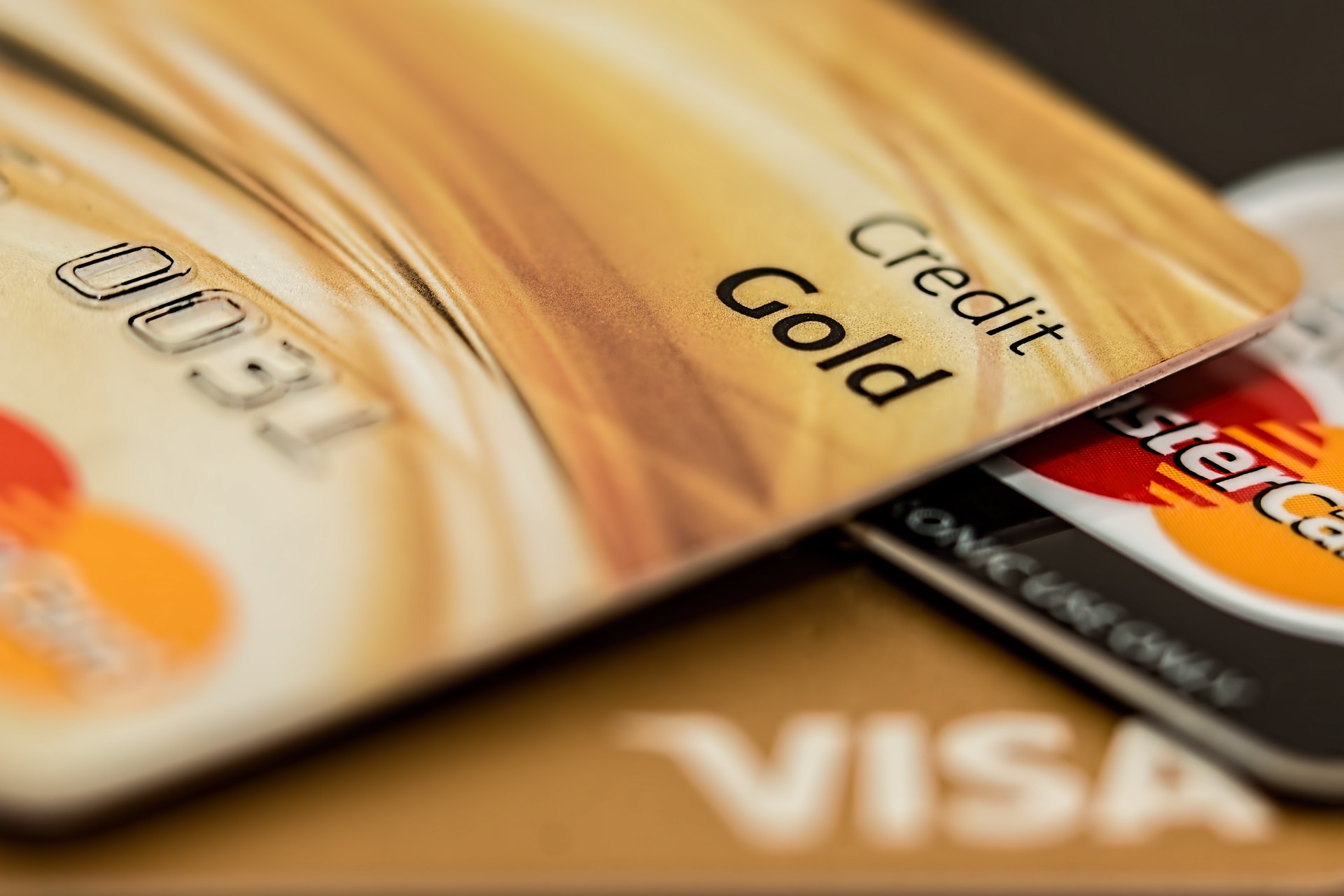Store Card Debt

Table of Contents
What Is Store Card Debt?
Credit through store cards works in a very similar way to a credit card, however it only authorises you to purchase goods from the store that issued the card. This facility allows you to buy now and pay later or to pay for your goods in instalments if you choose to.
Store cards are notoriously dangerous, since the cards are usually issued from a store the customer enjoys shopping at. Using cards in this way can make some people think that they have been given ‘free money’, with the optimistic view that they’ll just pay off the debts later. Obviously some people will be disciplined and will pay the credit off, however for many, the balance will grow and grow until just the minimum payment becomes an issue.
How Do People Get in Debt to Store Cards?
Many store cards will offer an incentive to the consumer, often in the form of a discount (10% off your first purchase etc.), periodic vouchers or access to special discount events.
This can make the card appear to be a cost-effective way of making purchases and to an individual that takes advantage of the offers, but then pays their credit balance immediately, it can be.
However, interest rates that are often higher than that of equivalent credit cards (20-30%), means that, to the person who doesn’t pay immediately, it can be anything but cost effective and can leave them with store card debt.
What are the Disadvantages of Store Cards?
Store cards can be incredibly risky:
They can be very tempting to use when ‘impulse buying’. Meaning that store card debt can quickly mount up.
- Store cards will often begin with a small credit limit, but this can increase with use, allowing the customer to run up large debts with high interest.
- Store cards are often promoted at the till point with very little information given about interest rates and other credit agreement terms and conditions.
What is the Average Store Card Debt?
If you have significant Store Card Debt, you’re certainly not alone! Amongst those struggling with debts, the average person has around £1,300 of store card debt.
This may be low compared to £8,000 for personal loans and £7,500 for credit cards, but it is still a significant amount of money that can be very difficult to pay off.
Can I Just Make a Minimum Payment?
Like a credit cards, all store cards will have minimum payments that you can make every month.
This can be helpful for those months when cash is a little short, but they will often cover your monthly interest and pay a very small amount of the account balance. This means that your store credit balance will take a very long time to pay in full.
As with other types of consumer credit, if you are identified as someone who is going to take a long time to pay off your debts, then you will be categorised as having ‘Persistent Debts’. When this happens, you will received a Persistent Debts letter.
What is Persistent Store Card Debt?
The FCA (Financial Conduct Authority) states that creditors, like credit card and store card companies, must now identify accounts that are in ‘Persistent Debts’. This means you have only been making minimum payments for 18 months. At this point your creditor is obliged to contact you to encourage you to begin making larger payments to help clear your debt.
Your creditor will contact you about your persistent debt as follows:
- If you have only made minimum store card repayments after 27 Months
After this timeframe, if you have not already taken action against your debt, your creditors will contact you, encouraging you to do so.
- If you have only made minimum store card repayments after 36 Months
If you still haven’t taken action against your debt after 36 months, then your creditor will contact you offering you a method of paying the debt off within 3-4 years. This may take the form of a payment plan, loan or credit card. If these options are not suitable then they may consider suspending the interest on your account, making it easier to pay off the balance.
If your debt has reached this stage, then your credit history will almost certainly have been affected.
What Happens if I Fall Behind with My Payments?
Just like with a credit card, if you fail to make at least minimum payments on your credit account then charges will often be applied, if this continues, then the account will default. Once an account has defaulted, legal action may be taken or the debts may be sold to a debt collection agency.
How Can I Get Store Card Debt Help?
If you are having trouble paying your Store Card bills or if you have other unsecured debts that are beginning to get out of control, then the following solutions may be right for you:
If you live in England, Wales Or Northern Ireland:
- Administration Order
- Bankruptcy
- Debt Consolidation Loan
- Debt Relief Order
- Debt Settlement Offer
- IVA
- Debt Management Plan
If you live in Scotland then the following may suit your needs:
Contact IVA4Me for help with Store Card Debt. We can help you begin to get your life back on track.
Store Card Debt Help FAQs

Can Store Credit Cards Build Credit?
If used correctly, Store credit cards can help you to build your credit rating. This does mean that you will need to manage the account and pay at least the minimum payment consistentlly. If you are careful, many stores will also reward you with discounts and promotions etc.

Debt Advice – What Happens To Store Card Debt If A Retailer Goes Out Of Business?
With the so called ‘death of the high street’ and Coronavirus, there has never been a more troubling and challenging time for retail. What were once well established high street staples like Debenhams, BHS and Monsoon have found business so tough they have even had to close down. This can often mean that we find ourselves in a situation where we think we owe money to a business that has shut. What happens to our debt? Do I need to keep paying it off or will it simply be written off?
